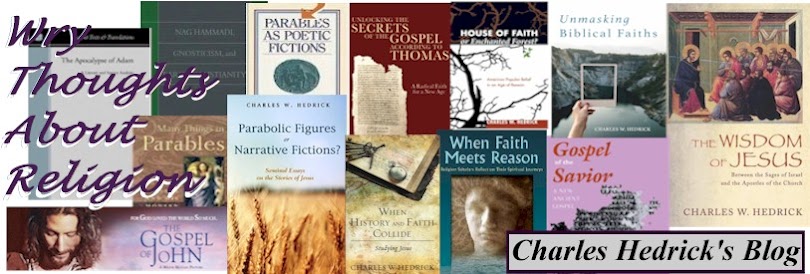I recently had a complete knee replacement at Mercy Orthopedic Hospital and it appears that Hillary is absolutely correct, for even surgery "took a village." In my case the surgeon, Dr. Richard Seagrave and anesthesiologist, Dr. David Delahay required the assistance of PA Kevin Kluthe and PA Rick Richards, who monitored the depth of my "sleep"—an important task since two main risks of major surgery are blood clots and infection.
Once out of surgery (around one hour) a vast cadre of professional nurses, rehabilitation therapists, and volunteers took over my care. They formed the point of a spear of the most serious service-minded people I have ever met. For example, upon leaving the room after performing some assistive task (taking blood, giving pills, etc.), they all would invariably turn and ask, "May I help you with something else?" Let me put it this way: once the catheter was removed, my walker and I always had an escort to the restroom.
I received pastoral visits from ministers at opposite ends of the theological spectrum in an overtly Roman Catholic hospital (religious pictures and slogans in the halls, and a crucifix on every wall): the hospital chaplain, Rodney Weaver (a former Navy chaplain) endorsed for the military by the Baptist General Convention of Texas, and the Rev. Dr. Roger Ray (a former Disciples of Christ minister), pastor of a non-orthodox church of progressive religious faith (Community Christian Church).
The point of these musings about my surgery is that contemporary America is a highly technical and well-educated society that on the whole is compassionate, and for all our problems, generally tolerant of the religious views of others. In many ways we seem to be an inclusive society, but in truth we have yet to achieve that increasingly elusive goal. The opportunities of our great society are easily open to the upper rungs of the economic ladder, but only in a limited way to the labor class; and the opportunities available to the lower and impoverished class are severely limited. This increasing gap between the highest and lowest levels of society means that the lowest levels have fewer opportunities for good health, higher education, and economic advancement. As an economic group their prospects for the future are bleak.
Federal and State legislatures would do well to bear in mind this dangerous economic gap when making laws negatively affecting the economic prospects of the poorest. People in this country are raised on the ideas of equality and opportunity, and on a belief that they can improve their situation, yet the economic imbalance separating the lowest rungs on the economic ladder from the highest is large and not decreasing. Our economic pyramid is very wide at the bottom leading the lower and impoverished classes to become continuing sources of protest, and a growing gap could conceivably lead to revolution (the French Revolution of 1788 that was begun by the starving French peasantry comes to mind).
We have made some positive strides, particularly in religious tolerance, as suggested by the fact that I could on the same day in a Catholic hospital receive pastoral visits from its (Baptist) hospital chaplain and a progressive Christian pastor. But candidly I did wonder where the rabbi and the imam were.
Charles W. Hedrick
Professor Emeritus
Missouri State University
